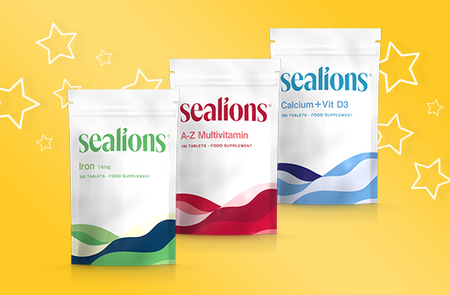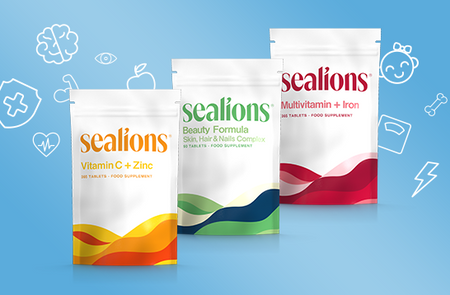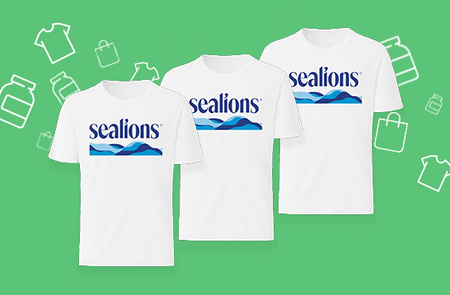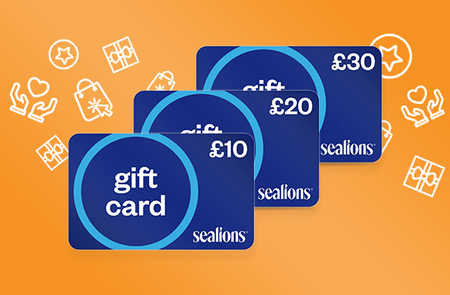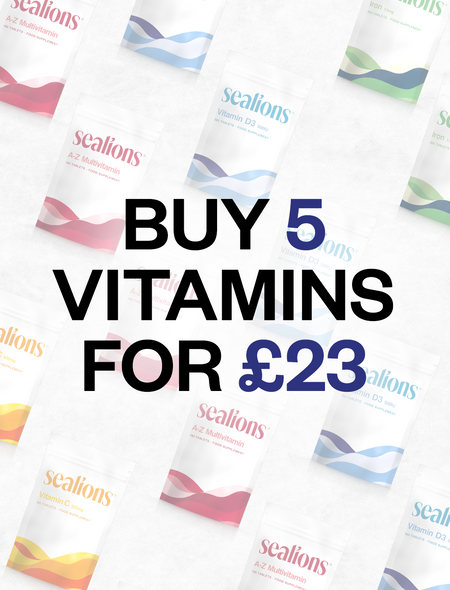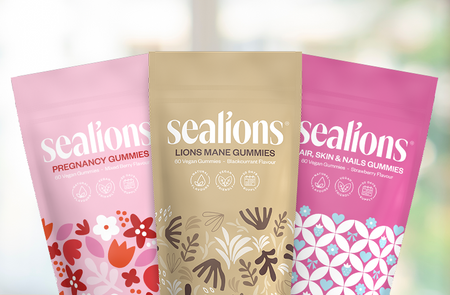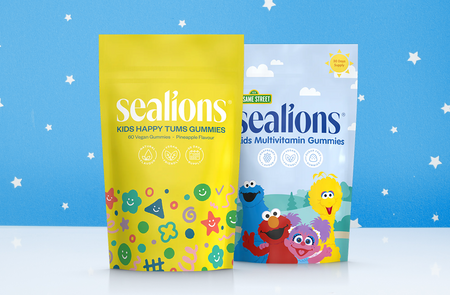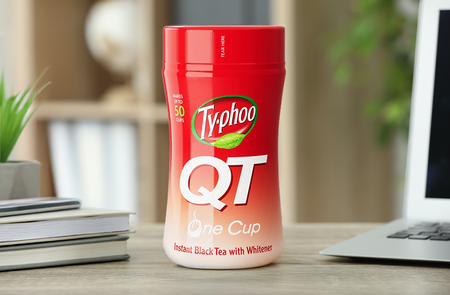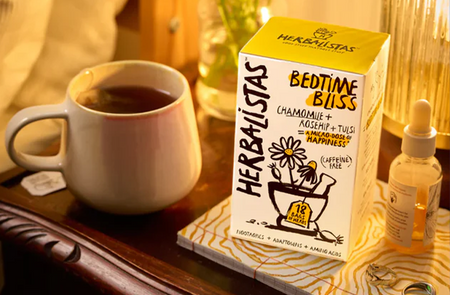
Iron: The Strong Foundation for Women's Wellness and Health
Iron is important for women's wellness and health – and keep us feeling our best. However, many women don't get enough iron. We’ll explore why iron is so important, what happens if you’re deficient, and how to make sure you’re getting enough.
Why Is Iron Important?
Iron is a key part of haemoglobin[1] (the protein in red blood cells that carries oxygen from your lungs to the rest of your body) Having enough iron ensures that oxygen is delivered efficiently, which is crucial for staying energetic and keeping your body functioning well. This is especially important for women, who often need more iron due to loss of blood during menstruation[2].
Iron does more than just help with oxygen transport, it’s also great for energy production[3]. Iron helps in forming adenosine triphosphate, which is almost like your body’s energy currency. When you don’t have enough iron, your body struggles to make enough healthy red blood cells, leading to fatigue, weakness, and low stamina[4]. That’s why iron deficiency is often linked to feeling tired and low on energy.
Risks Of Iron Deficiency
Iron deficiency is the most common nutritional deficiency and can lead to iron deficiency anaemia. Women are particularly susceptible due to several factors:
- Menstruation: Regular menstrual blood loss can deplete iron
- Pregnancy: Increased blood volume and the needs of the growing foetus raise iron requirements.
- Dietary Choices: Vegetarian and vegan diets might not provide sufficient bioavailable iron, necessitating careful dietary planning or supplementation.
How To Boost Your Iron Intake
Iron-Rich Foods
- Red Meat: Beef, lamb, and pork are excellent sources of iron
- Poultry: Chicken and turkey also provide heme iron
- Seafood: Fish such as tuna, salmon, and shellfish like shrimp and clams offer a good amount of heme iron
- Legumes: Lentils, chickpeas, and beans are fantastic plant-based sources of iron. Though the type of iron (non-heme) in these foods isn’t as easily absorbed as heme iron, they are still valuable
- Dark Leafy Greens: Spinach, kale, and Swiss chard are rich in non-heme iron and can be easily incorporated into your meals
Iron Supplements
Sealions Iron Tablets 14mg provide a concentrated dose of iron to support your daily needs, while Sealions Multivitamin with Iron Tablets and Sealions Women's Multivitamin Tablets both include iron along with other essential nutrients to support overall health. The recommended daily iron intake for women is 18 mg.
If you’re unsure, always consult with a healthcare provider before starting supplements, as they can help determine the right dosage and type for your specific needs. Excessive iron intake can lead to health issues, so it’s important to get personalised advice.
-
[1] Kumar A, Sharma E, Marley A, Samaan MA, Brookes MJ. Iron deficiency anaemia: pathophysiology, assessment, practical management. BMJ Open Gastroenterol. 2022 Jan;9(1):e000759. doi: 10.1136/bmjgast-2021-000759. PMID: 34996762; PMCID: PMC8744124.
[2] Badenhorst CE, Forsyth AK, Govus AD. A contemporary understanding of iron metabolism in active premenopausal females. Front Sports Act Living. 2022 Jul 28;4:903937. doi: 10.3389/fspor.2022.903937. PMID: 35966107; PMCID: PMC9366739.
[3] Moustarah F, Daley SF. Dietary Iron. [Updated 2024 Jan 8]. In: StatPearls [Internet]. Treasure Island (FL): StatPearls Publishing; 2024 Jan-. Available from: https://www.ncbi.nlm.nih.gov/books/NBK540969/
[4] Miller JL. Iron deficiency anemia: a common and curable disease. Cold Spring Harb Perspect Med. 2013 Jul 1;3(7):a011866. doi: 10.1101/cshperspect.a011866. PMID: 23613366; PMCID: PMC3685880.
Tagged:

